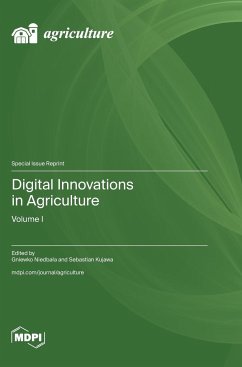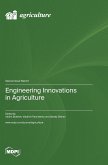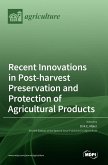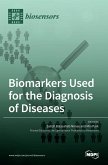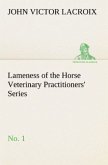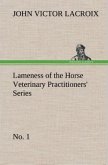The world population is increasing significantly, and is expected to reach almost 10 billion in the year 2050. At the same time, observed climate change is accelerating and strongly affecting agricultural production. These aspects, as well as the latest socioeconomic limitations caused by the COVID-19 pandemic, bring new challenges to modern agriculture and the need to have high production efficiency combined with a high quality of obtained products in accordance with the principles of sustainable production. This applies to both crop and livestock production, as well as the other domains related to food production. To meet these challenges, advanced digital innovation techniques are more and more frequently being used, including those based on machine learning, artificial neural networks, the Internet of things (IoT), and big data. They are widely applied in solving various optimization tasks in the agri-food production processes in the context of the increasing use of precision and digital farming technologies on the path from Agriculture 3.0 to 5.0. The publications in this Special Issue include original research, research concepts, communications, and reviews related to digital innovation in the agri-food sector.

